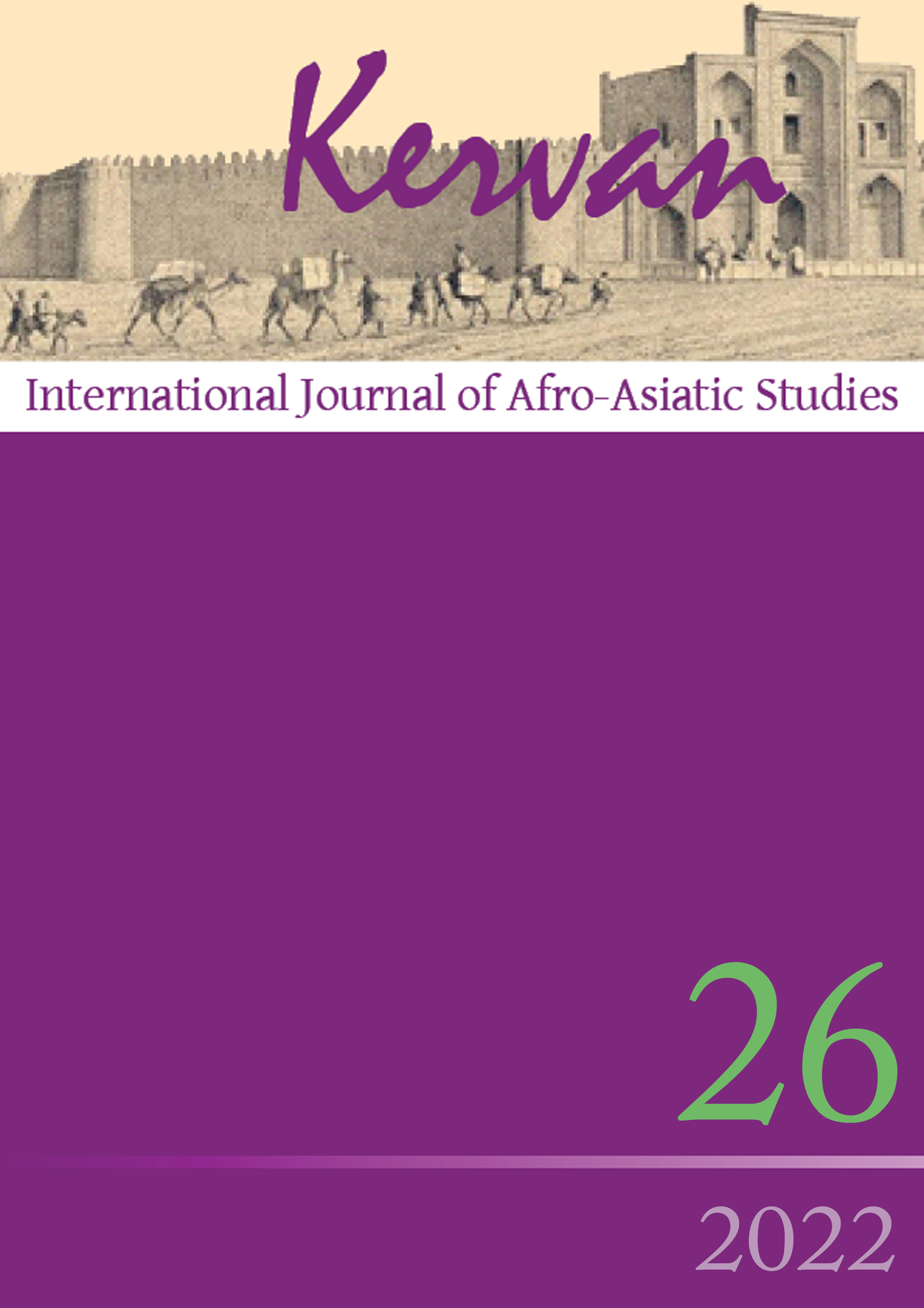Va tuje darvɑzeǃ Di Maria has been a pest all night: Evaluative language in Persian and English live football commentary
DOI:
https://doi.org/10.13135/1825-263X/6905Abstract
This paper explores the expression of evaluative language in live football commentary in Persian and English. The main focus of this study was to explore differences in the use of evaluation in three different modes of football live commentary provided in the UEFA Champions League (UCL) 2014 final match between Real Madrid and Atlético Madrid: live radio commentary (LRC), live TV commentary (LTVC), and live text commentary (LTC). The expressions of evaluative language were analyzed regarding Attitude. Attitude is one of three central components of the appraisal theory (Martin and White, 2005) in language, which is concerned with the use of evaluative language. The study showed that attitudinal resources were prevalent and varied in the extracts analyzed. They were mainly Judgment oriented and negative. The case study was an attempt to contribute to this growing area of research by exploring the live football commentary genre. The mode of live commentary had a crucial role in determining the number of words spoken during the commentary. Also, the commentator’s biased opinion was undeniable, especially in the polarity of the evaluative expressions they used. In each commentary, by nature, there was a predominantly focus on product or process. In LTC, since the commentator is watching the finished action, the focus is entirely product-oriented. LTC also has more frequent use of Affect resources due to the fact that Affect in general deals with evaluating objects and products or how products and performances are valued. In the other two modes of commentaries, given that the commentators are reporting the events happening in the game in real-time and in the spur of moment, the focus is mostly on the process.
Downloads
Downloads
Published
Issue
Section
License
Gli autori che pubblicano su Kervan accettano le seguenti condizioni:
- Gli autori mantengono i diritti sulla loro opera e cedono alla rivista il diritto di prima pubblicazione dell'opera, contemporaneamente licenziata sotto una Licenza Creative Commons - Attribuzione che permette ad altri di condividere l'opera indicando la paternità intellettuale e la prima pubblicazione su questa rivista.
- Gli autori possono aderire ad altri accordi di licenza non esclusiva per la distribuzione della versione dell'opera pubblicata (es. depositarla in un archivio istituzionale o pubblicarla in una monografia), a patto di indicare che la prima pubblicazione è avvenuta su questa rivista.


 The articles that have appeared on Kervan since 2016 are rated as Class A in the system of National Scientific Qualification (ASN, disciplines 10/N1 and 10/N3).
The articles that have appeared on Kervan since 2016 are rated as Class A in the system of National Scientific Qualification (ASN, disciplines 10/N1 and 10/N3). The journal has been approved for inclusion in DOAJ. The DOAJ listing of the journal is available at
The journal has been approved for inclusion in DOAJ. The DOAJ listing of the journal is available at  The journal has been approved for inclusion in ERIH PLUS. The ERIH PLUS listing of the journal is available at
The journal has been approved for inclusion in ERIH PLUS. The ERIH PLUS listing of the journal is available at  Kervan was just accepted for indexing in SCOPUS. This important milestone ensures that articles published in Kervan are easily found when searching for library, archives and Information science and it enables Kervan authors to keep track of how often their article has been cited by others.
Kervan was just accepted for indexing in SCOPUS. This important milestone ensures that articles published in Kervan are easily found when searching for library, archives and Information science and it enables Kervan authors to keep track of how often their article has been cited by others.

